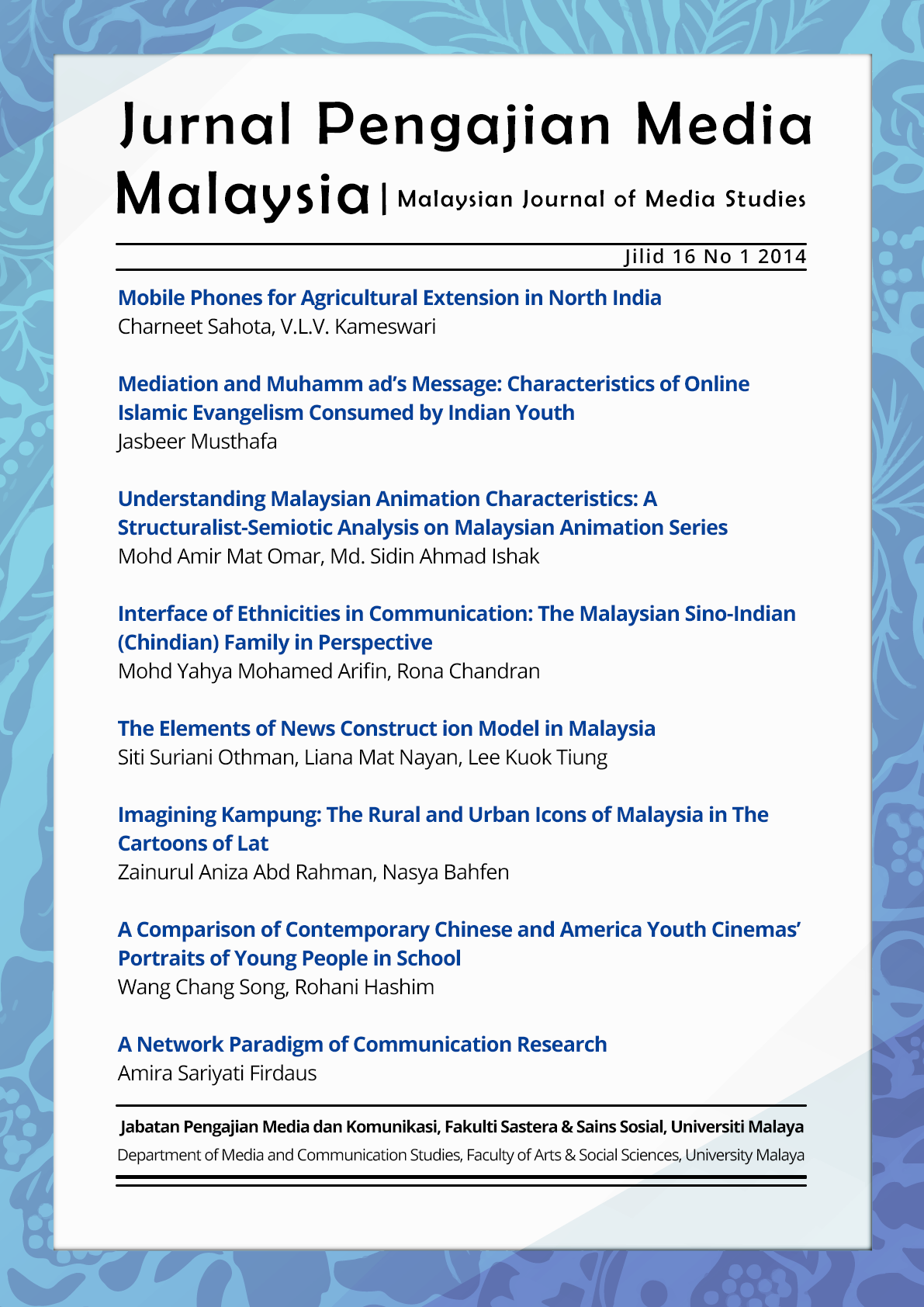Mobile Phones for Agricultural Extension in North India
Main Article Content
Abstract
The Indian economy is largely an agriculture based economy. Majority of Indian farmers fall under small and marginal category. Their farming system is characterized by small and scattered holdings, low production and small market surplus, poor storage and transportation facilities, lack of credit and lack of access to information. Information is one of the inputs that significantly determine their ability to earn a sustained livelihood from agriculture. Traditionally, mass mediated broadcasts supported by trained agricultural extension personnel formed the backbone of agricultural extension system in India. However, actual impact of the public extension system in India is limited by logistics, resources, skills and sheer numbers. In this context, use of ICTs is widely seen as a way of addressing the information needs of farmers. This paper is based on a study carried out to examine the use of mobile phones for disseminating agricultural information in the North Indian state of Uttarakhand. Main objectives of the study were to find out the extent of ownership of mobile phones by the farming community, their use for seeking agricultural information by the farmers and to understand the factors that influence usage of mobile phones by farmers. Ease of use, message comprehension, usefulness of information, trustworthiness of information and cost of the service were studied to understand factors that influence use of mobile phones by the farmers. The study concludes that mobile phones were mostly being used to fulfil social needs and their developmental use was incidental.
Downloads
Article Details

This work is licensed under a Creative Commons Attribution 4.0 International License.
